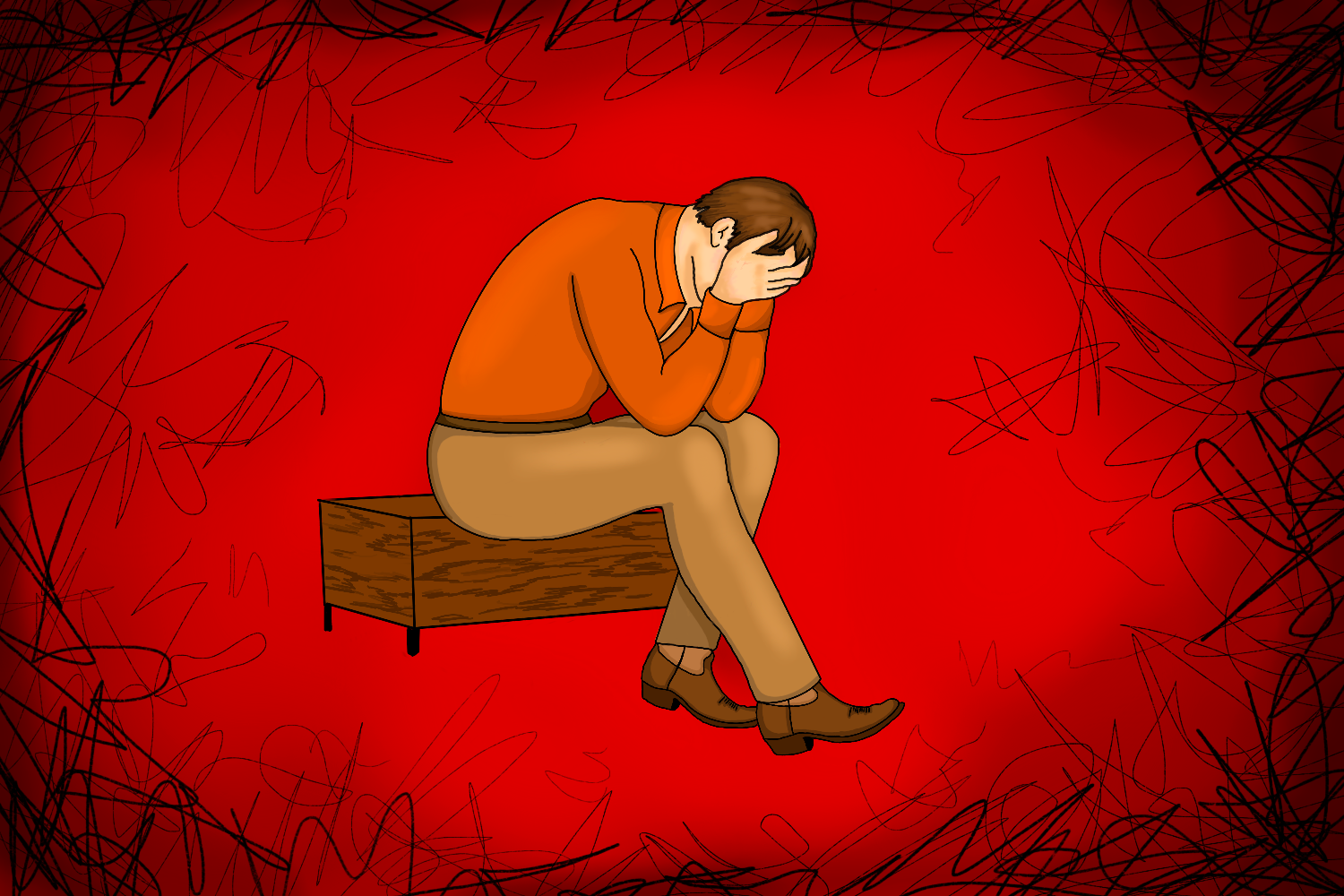The discourse surrounding mental health comes with its stigmas, which vary based on the groups you identify with. Societal standards for men often encompass masculinity and strength, making it difficult for them to take the steps to seek guidance or rely on others for help.
Men’s mental health carries different risk statistics from women’s, especially as college students. Additionally, men are often blamed for their stresses and attitudes surrounding mental health, further discouraging open conversations. Because male students are less likely to seek help or intervention, there is a statistical difference in the likelihood of committing suicide compared to their female counterparts. It is vital that we recognize and listen to those who are facing mental health difficulties in silence.
Mental health issues on college campuses have faced an unfortunate incline in recent years due to a multitude of factors, including the impacts of the pandemic, coursework and economic strain. Many students do not seek help or mental health intervention. Julieth Reyes, a social work graduate student, explained the correlation between isolation and the decline of well-being among men’s mental health following the pandemic.
“The pandemic definitely was a catalyst to show people how much loneliness and lack of actual emotional quality in relationships (men) were having,” Reyes said.
Symptoms of mental disorders in men include irritability, changes in energy level or sleep, misuse of substances and engaging in high-risk activities. Men in college could be more at risk of being in situations that can lead to symptoms due to varied social and campus engagements, as well as increased exposure to alcohol and other substances.
“Men who have already gotten to the point in their mental health challenges that they’re having suicidal ideation or if there is substance misuse, (they) can be some of the most isolating things that men go through, because of this idea of strong men and masculinity,” Reyes said.
Radio-television-film senior Mason Scivally said the key to navigating mental health as a young man in college is to rely on others for support.
“The main thing I’ve learned is just to communicate and voice how you’re feeling and not keep it so stuck within yourself,” Scivally said. “Having really good friends and a support system has honestly made the difference for me.”
Men often do not engage in conversations about their mental health due to the stigma and negativity surrounding asking for help. While it’s important to get support, this rhetoric can make men who do reach out feel even more isolated from their male counterparts who uphold the idea. Conversations about mental health aren’t easy, especially when it is so taboo.
To mitigate this issue, some men may be more comfortable seeking mental health guidance via telehealth, an alternative to those uneasy about attending in-person counseling. Online appointments may be especially helpful to those in college to adapt to time restrictions and location challenges. Engaging in mental health care online eliminates the probability of being seen attending appointments, a fear some students may have.
With a rise in male suicides nationwide and dismissive language around the topic of mental health, it is important to ensure every voice is heard. Among young college men, some extra recognition might be needed. Through communal support and conversations with peers, young men will feel more at ease with themselves and their mental wellness.
Lechner is a journalism sophomore from Rowlett, Texas.
Official newspaper of The University of Texas at Austin
